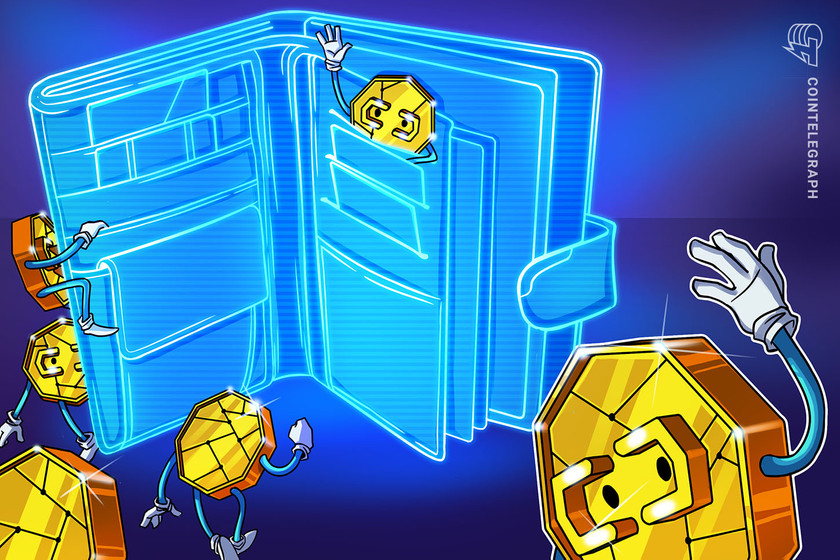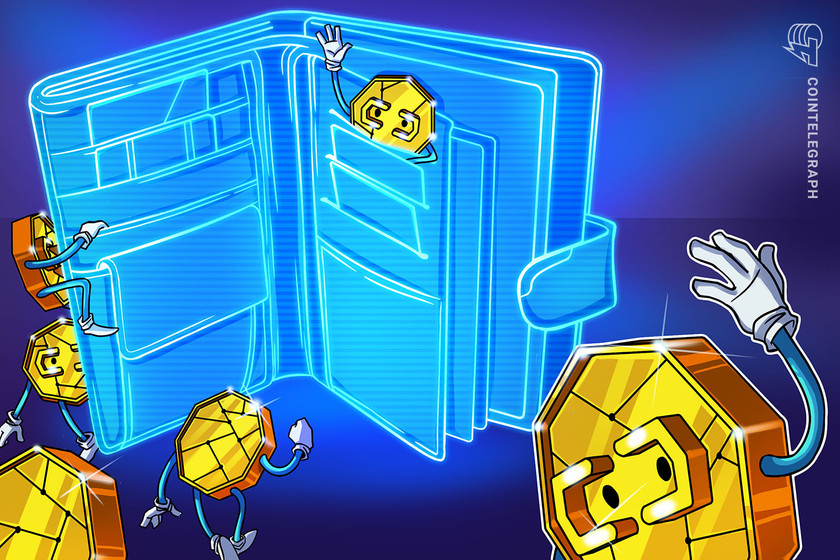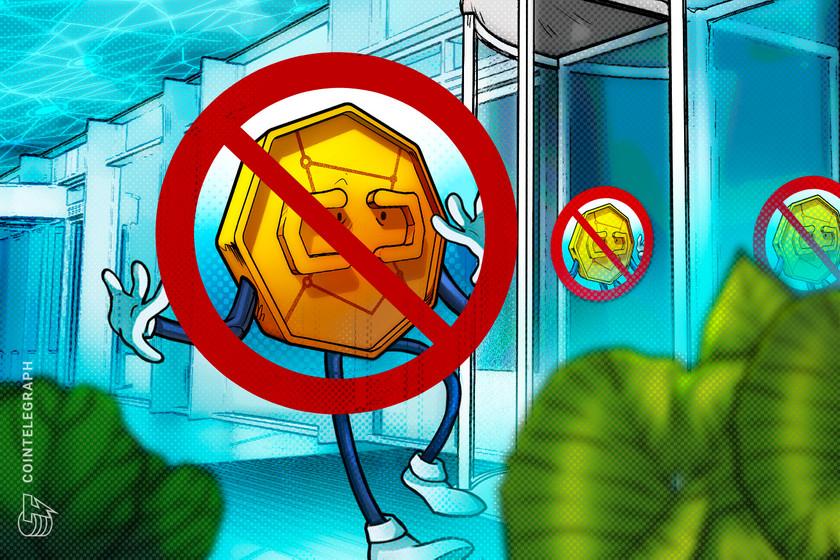Celo Foundation and Google Cloud partner to support sustainable Web3 startups


The collaboration is set to allow founders building on Celo to access credits for Google Cloud and Google’s mobile development platform, Firebase.
The Celo Foundation has partnered with Google Cloud to support mission-aligned projects in Celo’s blockchain ecosystem and advance the early adoption of Google Cloud services. The collaboration is set to allow founders building on Celo to access credits for Google Cloud and Firebase usage, thereby enhancing Celo’s mobile-first infrastructure and decentralized applications (DApps).
Firebase is a mobile and web application development platform developed by Google that provides developers with various tools and services for building apps, including authentication, real-time databases, cloud storage and messaging.
According to the announcement, the Google Cloud team will also provide mentorship and guidance to the Celo Foundation’s Founders in Residence program and participate in the virtual Celo Camp accelerator program, which supports entrepreneurs in developing sustainability-focused startups. Additionally, the two organizations aim to co-host targeted workshops and events focused on Web3 sustainability and innovation.
Xochitl Cazador, the Celo Foundation’s head of ecosystem growth, told Cointelegraph that “this new, expanded partnership between Google and the Celo Foundation enhances the ability to collaboratively create broader awareness for blockchain technology and its ability to scale real-world use cases on Celo.”
Cazador further explained that “Google Cloud’s core team will also support the Celo Foundation through joint hackathons, workshops, and events centered on the intersection of Web3 and sustainability. The partnership aims to further amplify both teams’ belief that blockchain technology is well suited to address environmental matters.”
Addressing the challenges that sustainability-focused startups in the Celo Network face, Cazador shared that “highly technical onboarding processes, complex interfaces, and unfamiliar transaction fee currencies present major barriers to entry for such startups in the Web3 space.” However, Cazador shared that Celo’s partnership with Google Cloud is set to “alleviate the strain on emerging and established projects, thereby allowing ecosystem builders to tackle today and tomorrow’s largest sustainability challenges.”
Related: Celo ecosystem projects raise $77.3M in support of interoperability, ReFi
Celo is a blockchain platform that has achieved carbon negativity through proof-of-stake (PoS) consensus. Within the Web3 community, it has gained recognition as a leader in regenerative finance (ReFi), a broad concept that prioritizes sustainability within finance. The platform has a diverse range of over 1,000 projects in more than 150 countries.
In episode 10 of Cointelegraph’s Hashing It Out podcast, Rene Reinsberg, the president of Celo Foundation and the co-founder of the Celo blockchain, discussed the ReFi movement and Celo’s plans to stay relevant in the multichain world. Reinsberg shared that he sees the increase in layer-1 blockchains and layer-2 networks as an opportunity to bring more people into crypto.





















